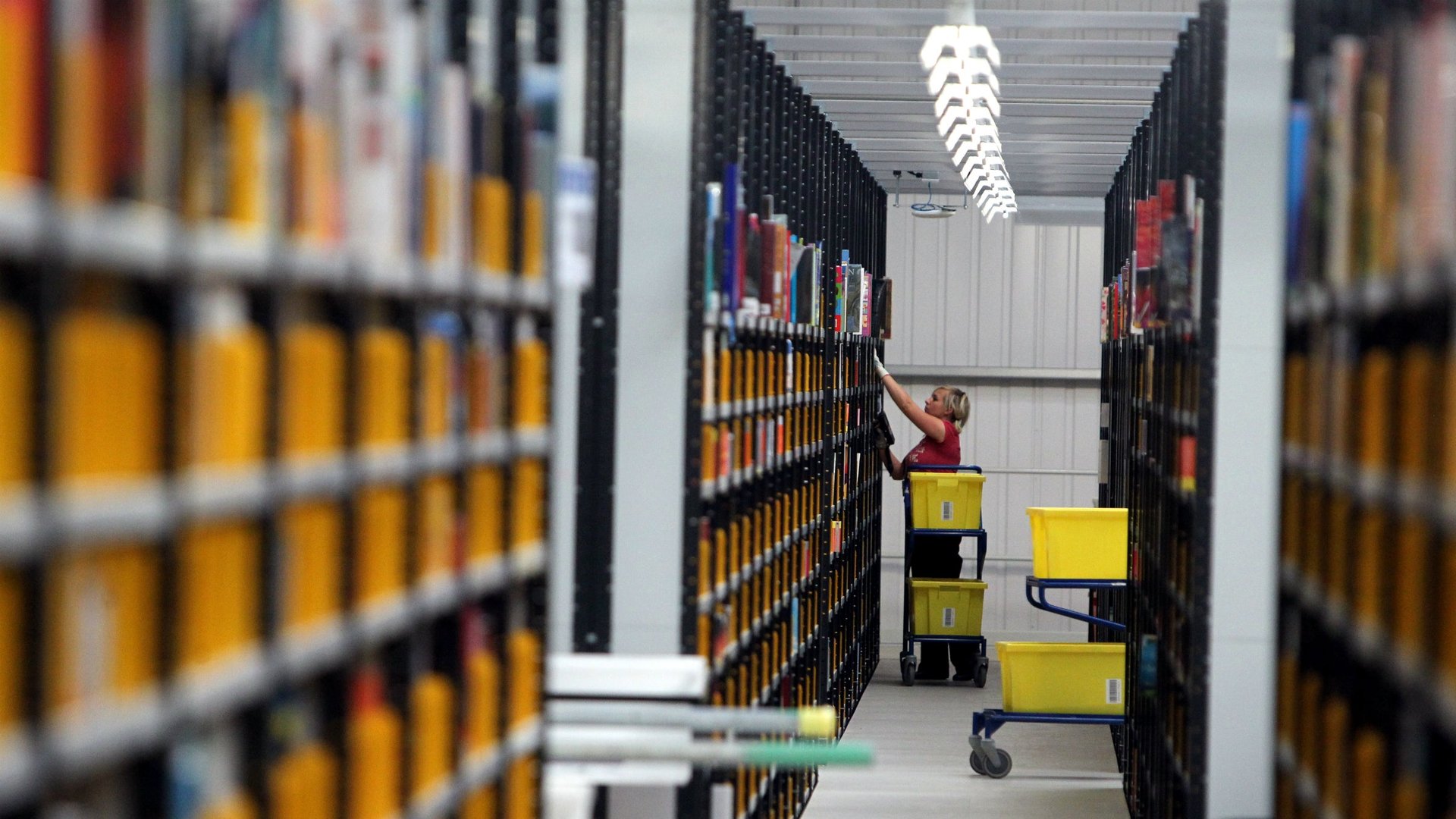Rocket Internet’s Lazada wants to be Southeast Asia’s Amazon, and it just scored another $100 million to get there
One-year old e-commerce company Lazada has persuaded investors to give it another $100 million to expand its online shopping service. Its parent company, Germany’s Rocket Internet, is determined to turn Lazada and its sister fashion site Zalora into Southeast Asia’s equivalent of Amazon.com. But the region’s shoppers make just 1% of their purchases online, according to the company. What makes Rocket think that it can turn that around?


One-year old e-commerce company Lazada has persuaded investors to give it another $100 million to expand its online shopping service. Its parent company, Germany’s Rocket Internet, is determined to turn Lazada and its sister fashion site Zalora into Southeast Asia’s equivalent of Amazon.com. But the region’s shoppers make just 1% of their purchases online, according to the company. What makes Rocket think that it can turn that around?
For starters, the competition is minimal. America’s Amazon and Japan’s Rakuten offer some services, but only in a limited number of languages. And Lazada’s management sees enormous potential in Asian smartphone usage and growing access to the internet. In Thailand, for example, mobile phone penetration is almost 120%. Almost all of the other countries in which Lazada operates—Indonesia, Philippines, Malaysia and Vietnam—have similar figures. Lazada announced a mobile app for Android this week, and expects to follow on with a release for Apple’s iOS.
Southeast Asia has a growing urban middle class, and domestic demand in many countries is strong. Lazada’s boss told The Next Web that he believes Southeast Asia represents a “high single-digit billion US dollar opportunity.” But there is a long way to go. Since 2010, $6.9 billion has been invested in Asian e-commerce and the returns outside of India and China have been lackluster. Lazada has not yet turned a profit, although it expects to by the end of next year.
Rocket Internet’s infamous reputation has been built on cloning US tech companies in foreign markets, but several factors suggest that a simple transference of Amazon-style e-commerce is unlikely to work. Southeast Asian shoppers depend heavily on social media usage, Facebook in particular, and much more so than western shoppers. Indeed, an entrepreneurial wave of Thai women is turning Facebook commerce into a profitable business opportunity.
But most people in the region are reluctant to trust online payment systems, fearing scams and inadequate security, particularly in the Philippines. While credit card penetration is soaring, many millions of Southeast Asians still have no way to pay for goods online. Physically, infrastructure is sometimes lacking, particularly outside the cities, so distribution networks can sometimes be primitive.
Still, this has not deterred Rocket Internet’s investors, who have given Lazada a total of more than $236 million in the year since it launched, and a further $100 million to Zalora. No other e-commerce platform has spent anywhere near that much money in the region. Judging by the phenomenal success that e-commerce has had in China, Rocket could be sitting on a lucrative cash cow. But it has a lot of work to do before it recreates Amazon on the Mekong.